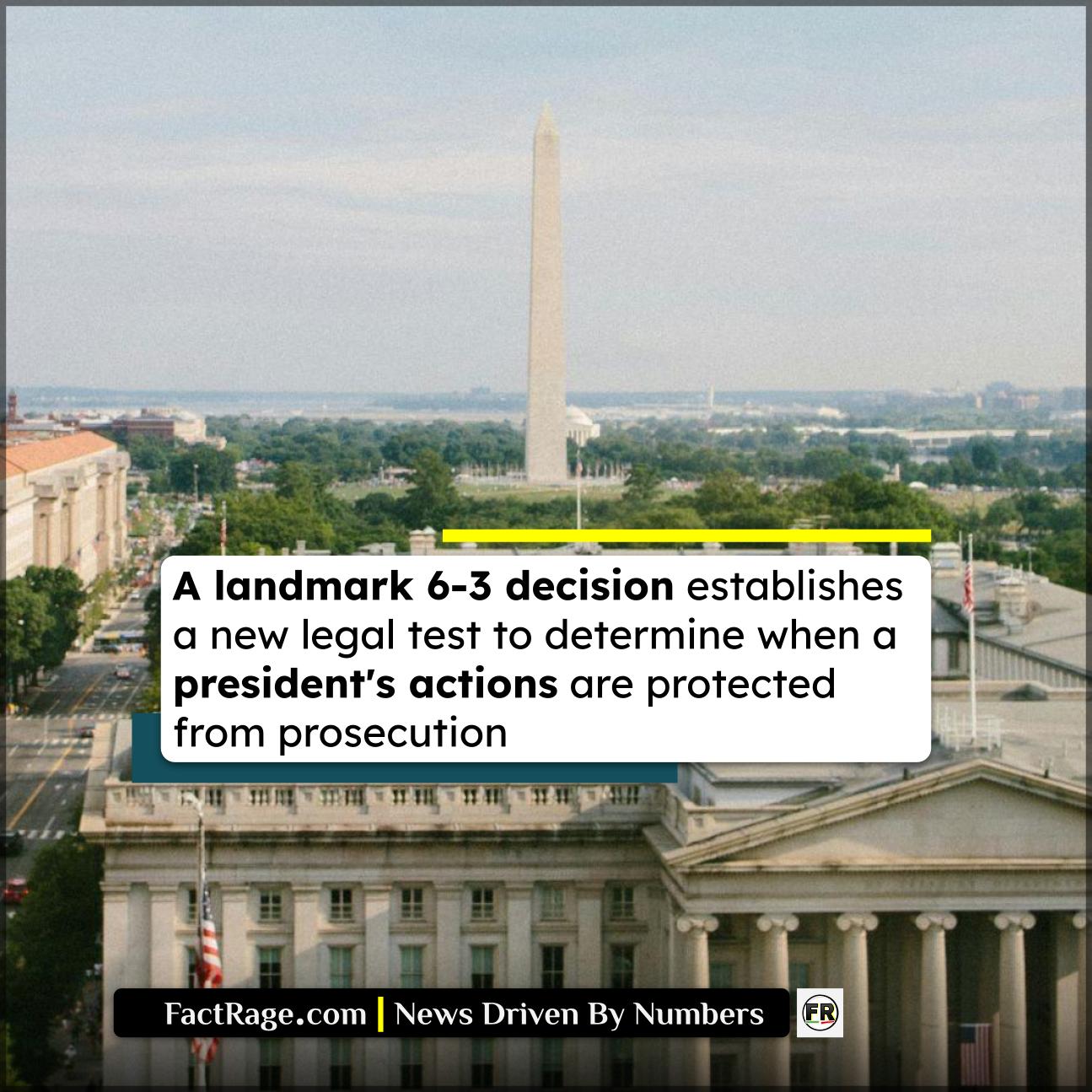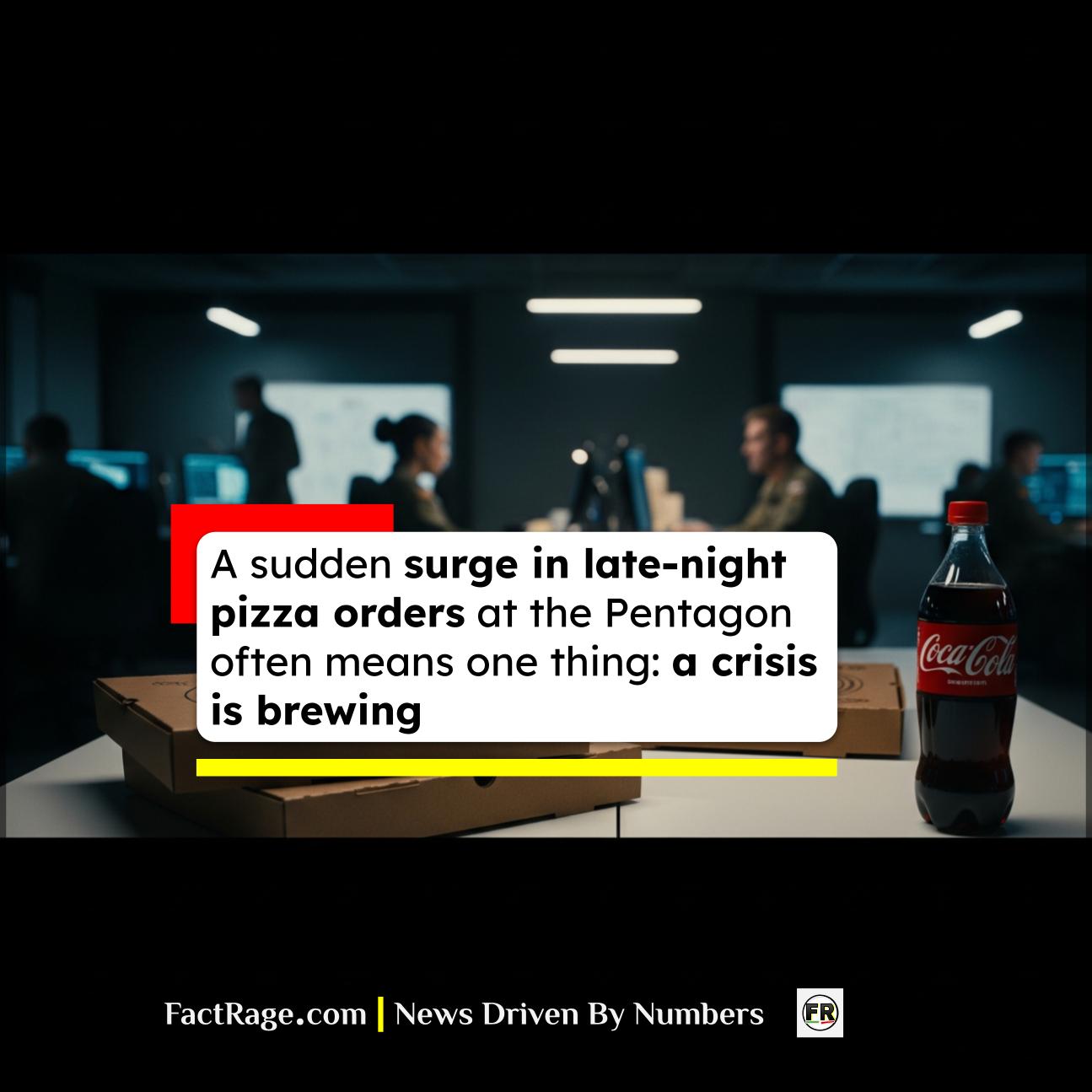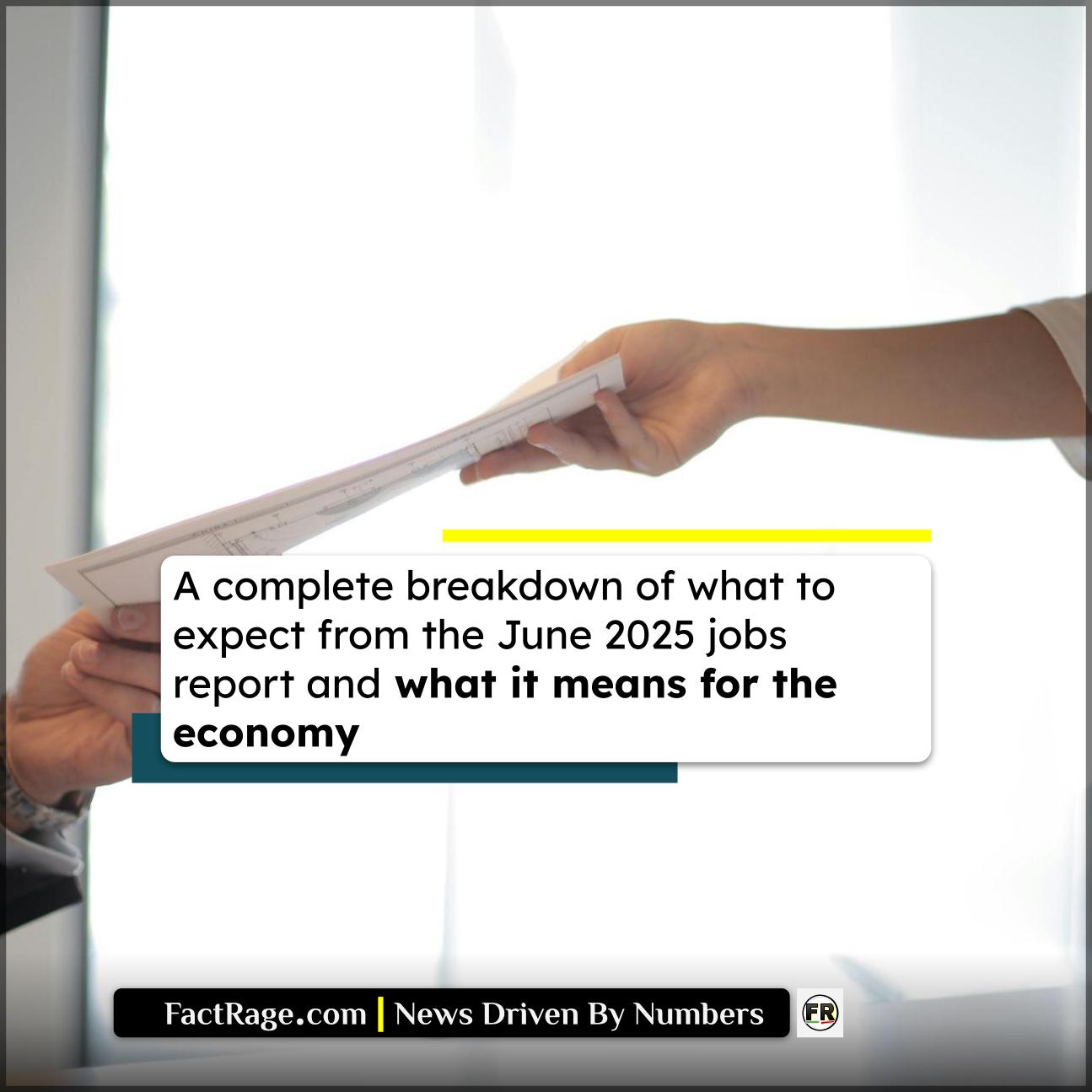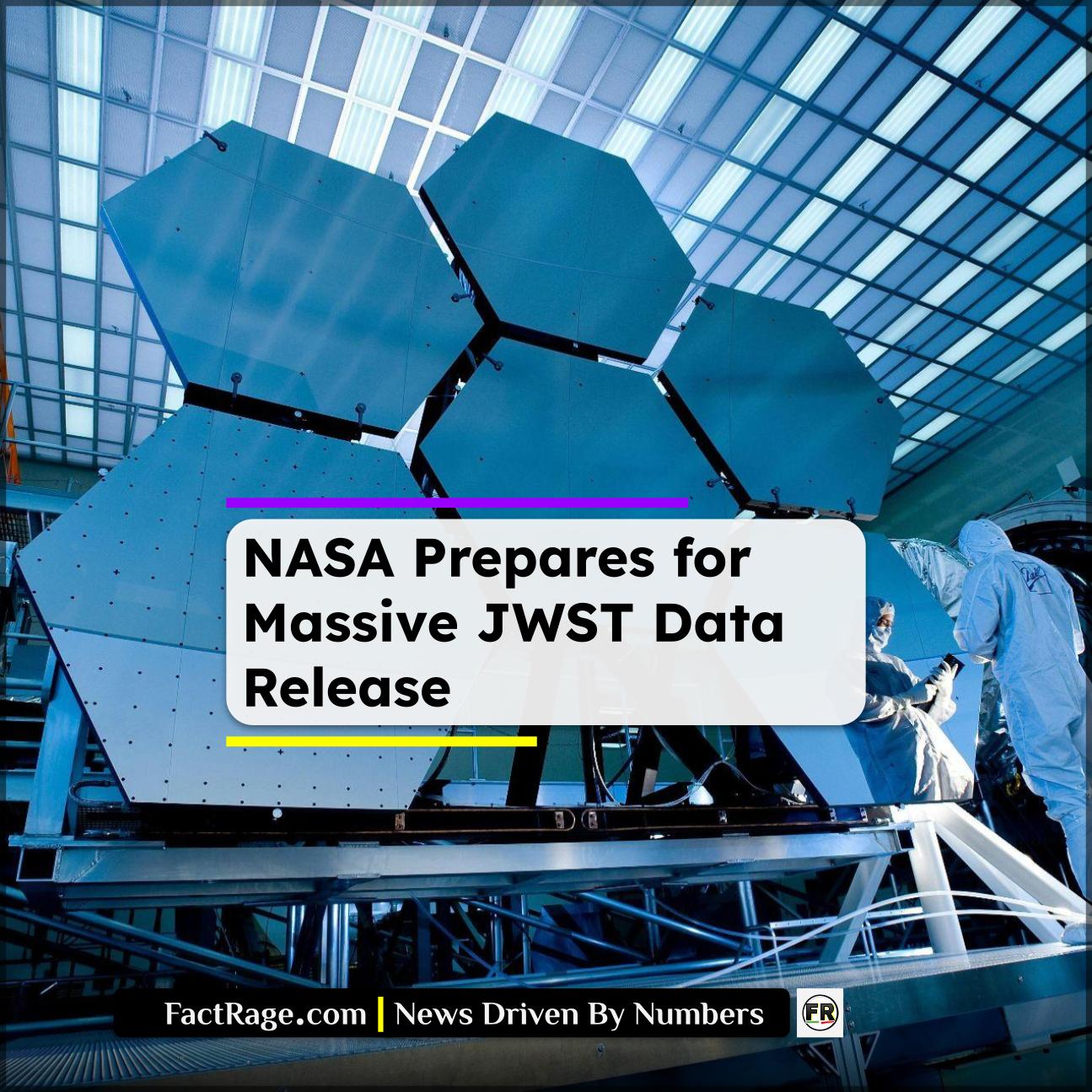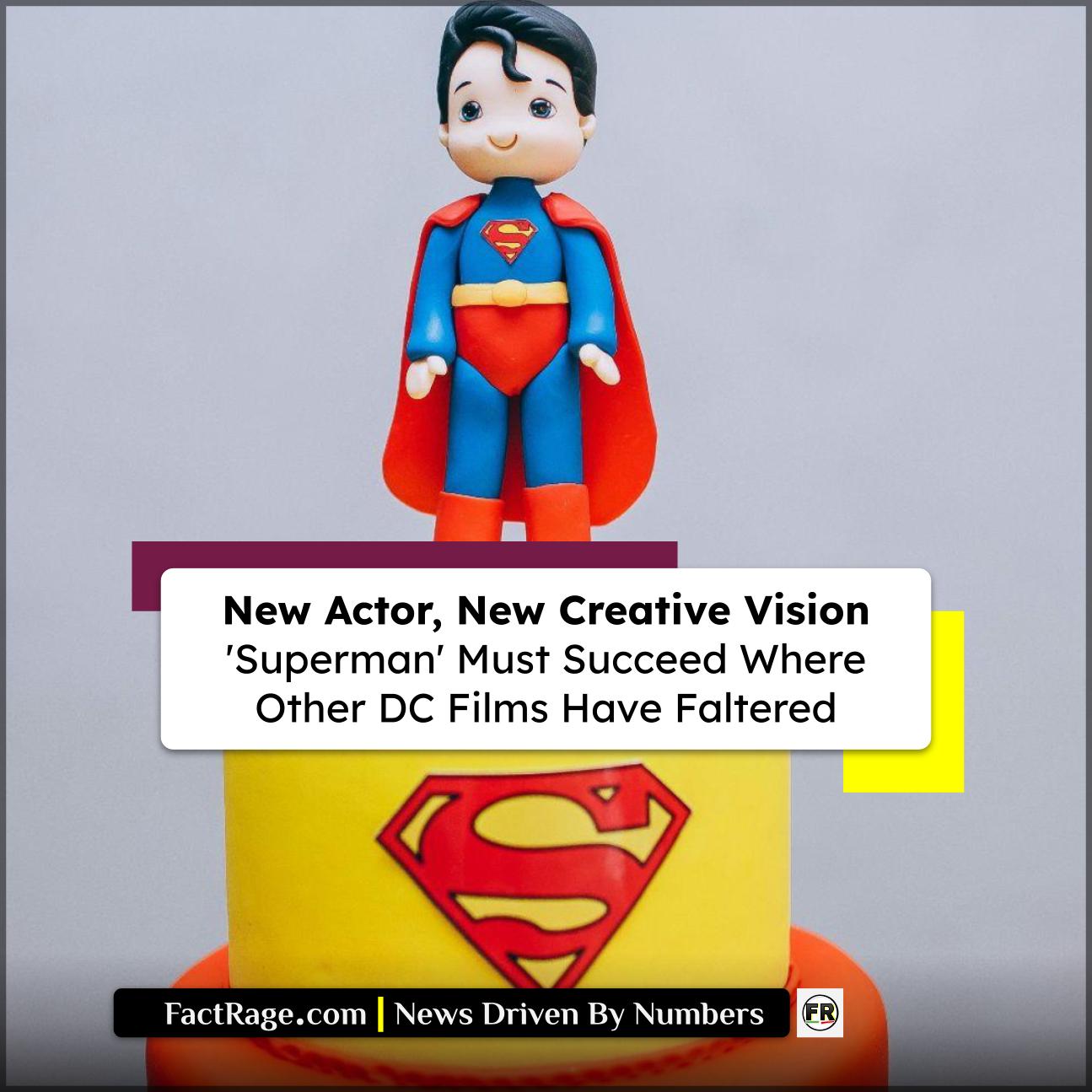WASHINGTON, DC – The Supreme Court ruled that former presidents possess immunity from criminal prosecution for official acts taken while in office but not for private conduct, establishing a new legal test for lower courts to apply.
- A New Immunity Standard – In a 6-3 decision, the Court affirmed that presidents are entitled to some immunity for “official acts” to ensure the executive branch can function without fear of politically motivated prosecutions.
- “Official” vs. “Private” Conduct – The ruling does not grant absolute immunity. The central issue now is for lower courts to distinguish which alleged actions constitute protected “official acts” versus unprotected “private” conduct.
- Case Remanded and Delayed – The justices did not decide the specifics of former President Donald Trump’s case, instead sending it back to the lower courts with a new legal framework, a process that will almost certainly delay any potential trial until after the 2024 election.
The landmark decision from the nation’s highest court does not end the legal debate over presidential accountability but rather redefines its terms, creating a new and complex phase in the ongoing federal prosecution of a former president.
What the Court Decided on Executive Power
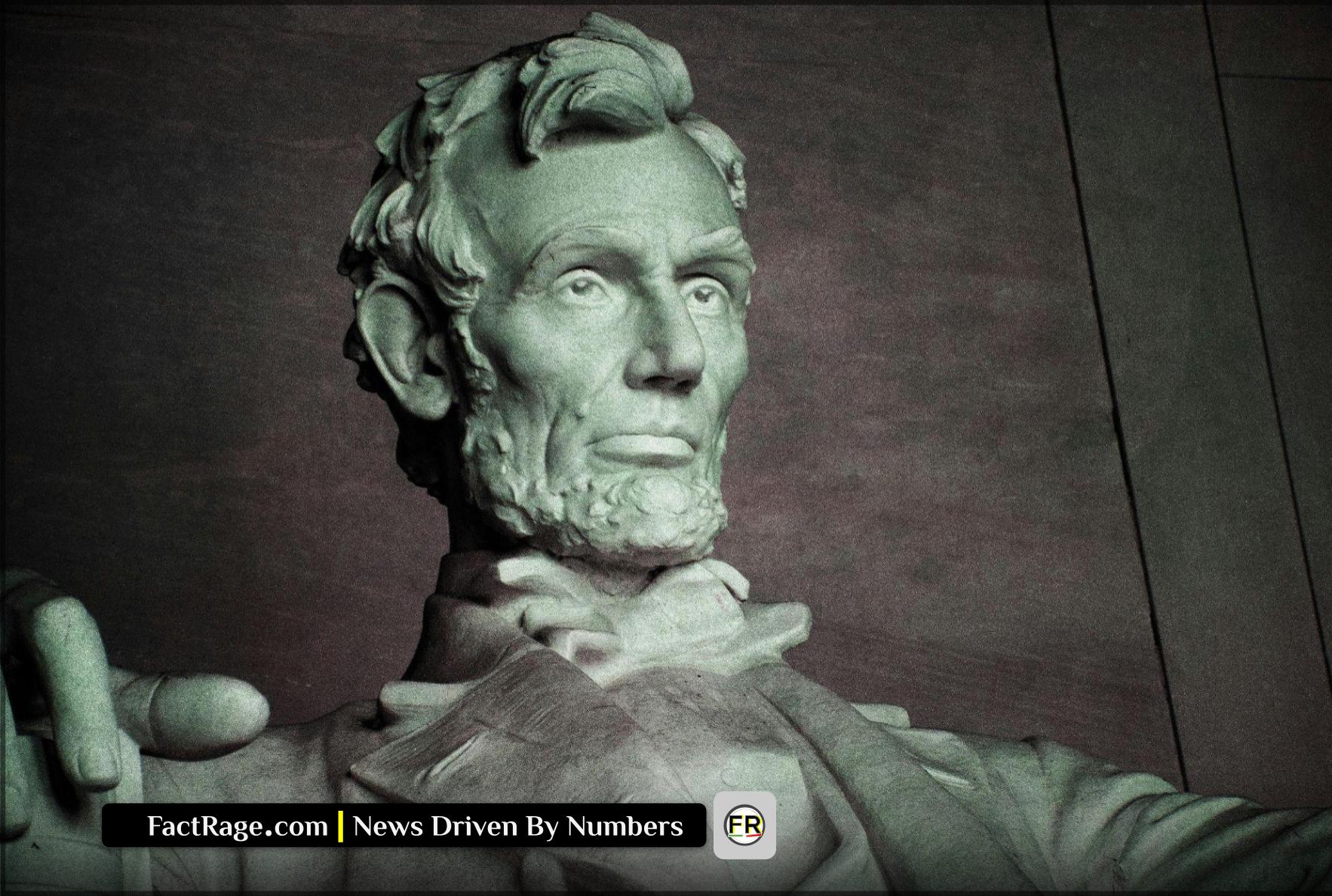
The core of the Supreme Court’s ruling in Trump v. United States establishes a significant, but not absolute, shield for presidential actions. The majority opinion, authored by Chief Justice John Roberts, argued that a president needs protection from the threat of politically motivated criminal charges to make decisive and controversial decisions without hesitation. Without this shield, the Court reasoned, the presidency itself could be weakened, a concern rooted in the constitutional principle of separation of powers.
However, this immunity is not a blanket protection. The Court was clear that the shield only applies to a president’s “official acts.” Any conduct deemed “private” or outside the scope of official duties receives no immunity. This ruling creates a critical distinction that lower courts must now grapple with, effectively drawing a new line in the sand for presidential power.
The New ‘Official Acts’ Test and Its Legal Hurdles
The most significant practical outcome of the ruling is the new two-part test the Supreme Court has instructed lower courts to use. To determine if an act is “official” and thus immune, a court must first assess whether the action falls within a president’s constitutionally derived powers and duties.
If an act is identified as official, a second question arises: did Congress explicitly authorize its prosecution? The Court stated that an official presidential act can only be prosecuted if it violates a criminal law that Congress has clearly and specifically made applicable to the President. This places a high bar for any future prosecution related to official duties. The immediate challenge for the trial court is to sift through the allegations in the indictment against former President Trump and categorize each one as either an official or private act, a process that legal experts predict will be lengthy and contentious.
Separation of Powers and the Path Forward
This ruling represents a major statement on the balance of power between the executive and judicial branches. The majority opinion prioritized protecting the functional independence of the presidency. In contrast, the dissenting justices argued that the decision creates a new and dangerous category of immunity that places the president above the law, undermining the principle that all citizens are subject to legal accountability.
For the specific case against Donald Trump, the path forward is now one of procedural battles and legal arguments in the U.S. District Court. Prosecutors and defense attorneys will debate the “official” versus “private” nature of actions related to the 2020 election. This process involves evidentiary hearings and potential appeals, making it highly improbable that a trial could begin, let alone conclude, before the presidential election in November 2024. The long-term consequence is a new, judicially-defined standard for presidential conduct that will influence the actions of all future occupants of the Oval Office.

